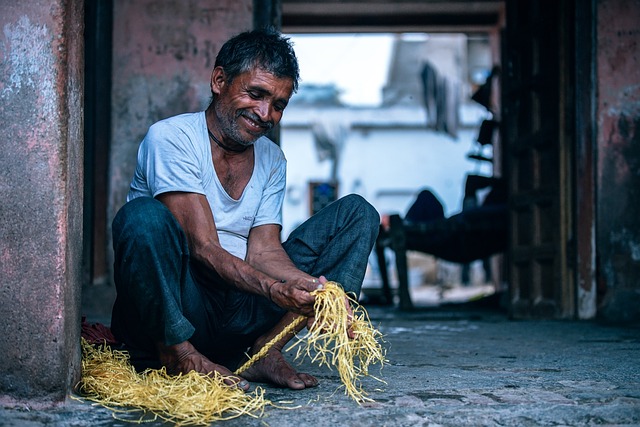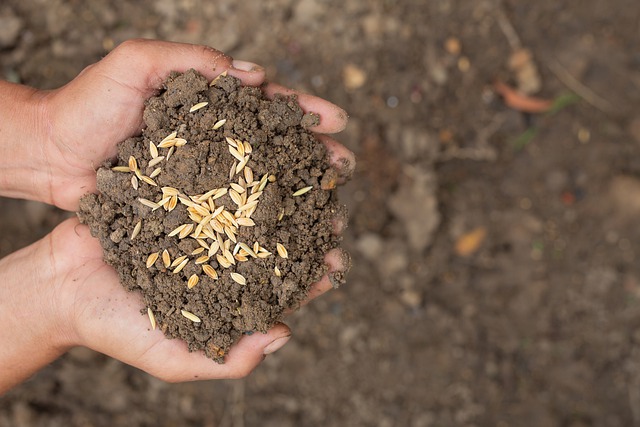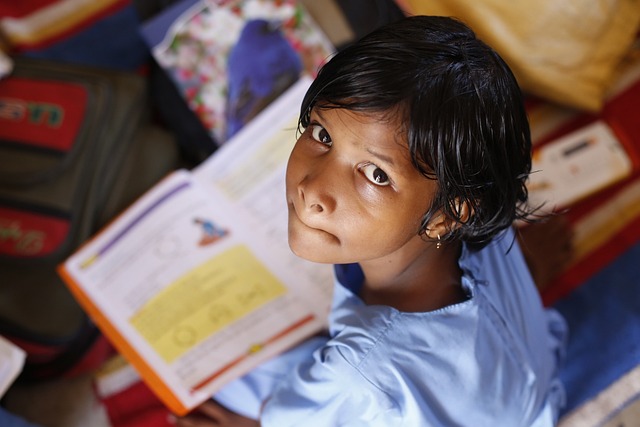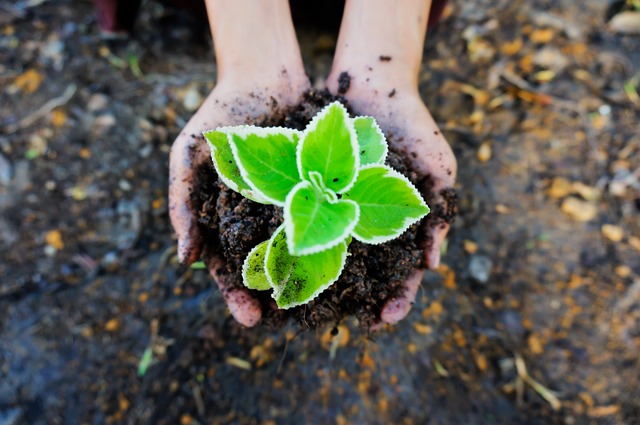Human trafficking is one of the most serious human rights violations of the 21st century. Millions of people, including women, men and children, are subjected to exploitation, forced labor and slavery. Every individual can do something against this crime in their everyday lives: Namely, by choosing to buy Fair Trade – from coffee, tea, bananas and more food, to clothing and jewelry.

FAIR TRADE VS. COMMERCIAL TRADE SYSTEM
Commercial trade systems often favor the exploitation of people. Especially in developing countries, children and adults produce textiles and food at starvation wages and unreasonable working hours, which can be bought affordably in other parts of the world. This also affects other sectors, such as agriculture, fishing or the electrical industry, whose electronic waste also has an impact on the environment. In short, production chains like these favor the exploitation of people and nature. Fair Trade is a real alternative here. Because fair trade does not just mean fairly traded, but is based on principles of fair working conditions, environmental protection, sustainability and fair pay. Ethical purchasing behavior can simply counteract the exploitation of people.
Fair Trade organizations maintain strict standards regarding working conditions and respect for human rights, which excludes child and forced labor. Buying Fair Trade products helps to prevent the exploitation of people. Especially in developing countries, people are confronted with unsafe working conditions, lack of safety precautions and health care, and lack of rest breaks.
It is quite easy to inform yourself about the origin of products when shopping and to pay attention to the labeling with fair trade certificates. However, this does not only apply to the purchase of food, but also to textiles. Just think of how adverse the working environment on cotton plantations can be. Here, buying products made from fair trade cotton can help to improve the working environment of the workers.

FAIRER TRADE – AN ETHICAL ALTERNATIVE

Poverty is one of the main causes of human trafficking due to the lack of education. Especially people in developing countries are forced to take extreme risks professionally and to put up with a lot in order to feed their families. Fair trade allows people to receive fair prices for the manufacturing of their products or production of food. This creates economic stability, which in turn counteracts the exploitation of workers, child labor and forced labor.
FAIR TRADE ENCOURAGES EDUCATION
The fact that a lack of education is one of the main problems of human exploitation has already been mentioned. Without education, the chances of gaining a foothold in the labor market are poor and, especially in developing countries, the chance of fair pay is zero. Fair Trade organizations pay fair wages to workers, which in turn means that this money enables education (and school attendance for their children). In addition, fair trade organizations also invest, among other things, in educational programs, the expansion of educational infrastructure or adult education. These are also supported by the purchase of fair trade products. With the decision to buy fair trade products, a contribution can be made to implement educational programs and measures in other countries.

FAIR TRADE SUPPORTS PROTECTING THE ENVIRONMENT

Another positive aspect of the consumption of fair trade products is environmental protection. Sustainability plays a major role here in agriculture, as well as the use of organic production methods, recycling, climate protection and organic farming, which does not use harmful chemicals. Environmentally friendly methods are used, especially with regard to pesticides and fertilizers. This creates a healthy working environment that is particularly valuable for workers – especially in developing countries.
Translated by Emily Schiffer
#fairtrade #exploitation #ethical #shopping #environmentalprotection #AgainstHumanTrafficking #GegenMenschenHandel #EndExploitation #EndTrafficking #HopeForTheFuture #Austria
